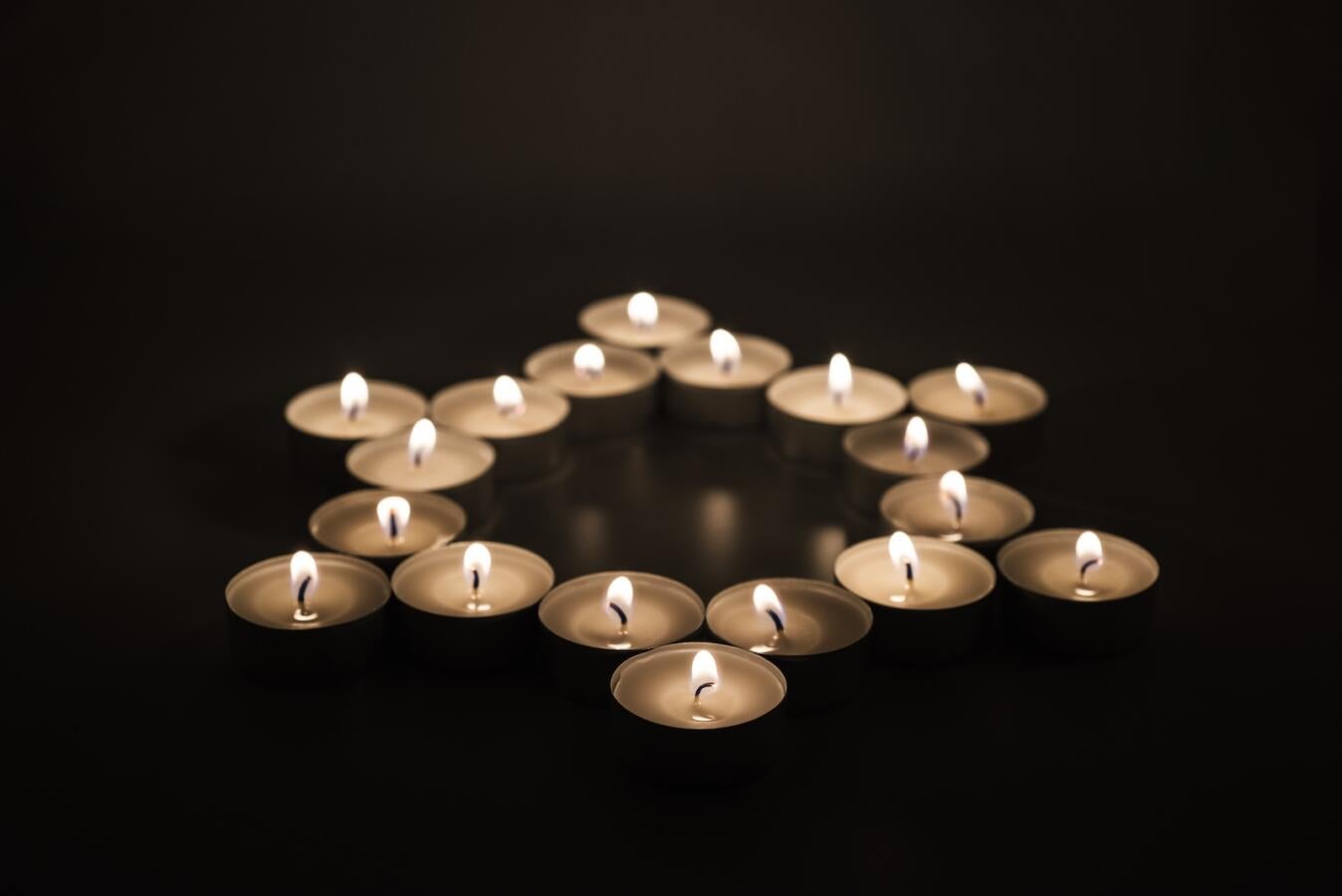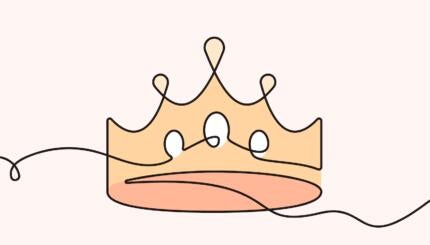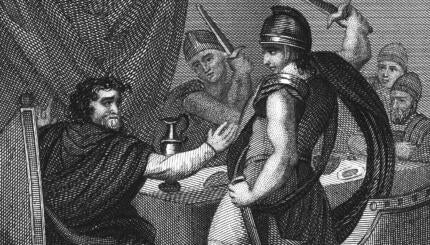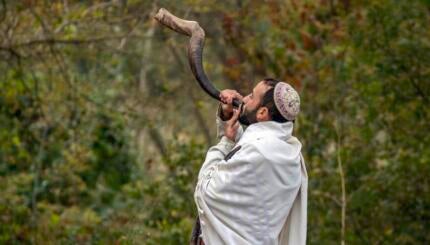I didn’t watch the horrific footage from October 7th, but my 18-year-old daughter did. When I questioned why she would expose herself to such horror, she replied: “I never want to forget. I want it to be imprinted in my memory. My brothers and sisters endured it. I have to carry the weight of that trauma in my mind.”
I was awed by her maturity and ethical clarity, yet also ambivalent about her exposure to such images. Her response touched on the complex inheritance of memory and the mandate we cradle as Jewish people.
In People Love Dead Jews, writer Dara Horn urges us to confront the horror of Jewish persecution without sanitizing it into feel-good lessons about human nature. And she’s right. But should this be the essence of Jewish identity? How do we acknowledge the fact of our trauma while forging an affirmative Jewish identity that transcends mere survival? What kind of memory should guide us as we navigate this uncertain moment?
This challenge sits at the heart of this week’s Torah portion, Parashat Eikev. As the Israelites prepare to enter the land and build a civilization, the Torah offers a powerful insight, perhaps even a survival strategy: Memory is the secret weapon against moral and historical entropy. Moses tells the people: “Remember the entire journey that the Lord your God took you on these 40 years in the desert.“ And again later: “Remember the Lord your God, for it is He who gives you the strength to achieve greatness, in order to uphold His covenant.”
With your help, My Jewish Learning can provide endless opportunities for learning, connection and discovery.
These verses reveal a guiding principle of Jewish memory: We must remember both our history of journeying through many wildernesses and our mandate to bring God’s covenant to life in the society we build. Jewish destiny means carrying memory not as a burden, but as a compass — not just reacting to hatred, but living with purpose and vision. The truest answer to antisemitism is a vibrant Jewish life — rooted in the past, but always facing forward.
Rabbi Jonathan Sacks distinguished between history — ”his-story,” an impersonal account of things that happened — and memory, or my story, which is part of one’s identity. When memory turns to history, it loses its ethical mandate. Only when history becomes memory is it made personal, shaping who we are and who we are called to become.
The opening word of this week’s Torah portion, eikev, is an echo of the patriarch Jacob, who embodied the tension between remembering the past and being beholden to it. Eikev means “as a result of,” but its literal meaning is “heel,” a nod to the fact that Jacob (in Hebrew, Yaakov) emerged from the womb grasping his brother’s heel. Jacob tried to outrun his betrayal of his brother Esau, but the weight of that betrayal followed him wherever he went. On the eve of his reunion with his brother, he turns to confront the past, wrestling not just with a mysterious stranger, but with his own history. Only then does he receive an additional name: yisrael, which I like to read as yashar el — the one who stands straight with God. If Yaakov is the one on his heel, at times a victim of circumstances, then Yisrael is the antidote — the one who walks forward upright with God. That duality, wrestling with our past while walking upright as God’s people into the future, is the key to a full Jewish identity.
Parashat Eikev teaches that Jewish memory must be more than a catalogue of suffering. Yes, we must remember the atrocities committed against us, but survival alone cannot define us. We prevail when we flourish. And flourishing means standing tall with God, choosing to be part of an eternal people that transcends time and history and pulses with life.
So in a way, both my daughter and I were right. Shaped by memories of diaspora antisemitism, I wanted to protect her from being haunted by images of dead Jews. She, born into sovereignty, wore her Judaism with pride and insisted on imprinting the cost of statelessness deep in her consciousness. She understood something essential — that memory is not the end goal. It is the beginning.Because we are not here only to remember. We are here to live. To build. To carry forward the transformative moment of our forefather’s journey from Yaakov to Yisrael, from a victim of circumstance to an agent of destiny. This is our moment in history, and it calls us to be more than victims. We are, as the stranger tells Jacob in Genesis 32:29, a people “who wrestle with man and with God and prevail.”
This article initially appeared in My Jewish Learning’s Shabbat newsletter Recharge on August 16, 2025. To sign up to receive Recharge each week in your inbox, click here.



